Lenovo reportedly reviving plans for a handheld PC after ditching the Android-based Legion Play
That's potentially another AMD Phoenix-powered gaming handheld on the horizon.
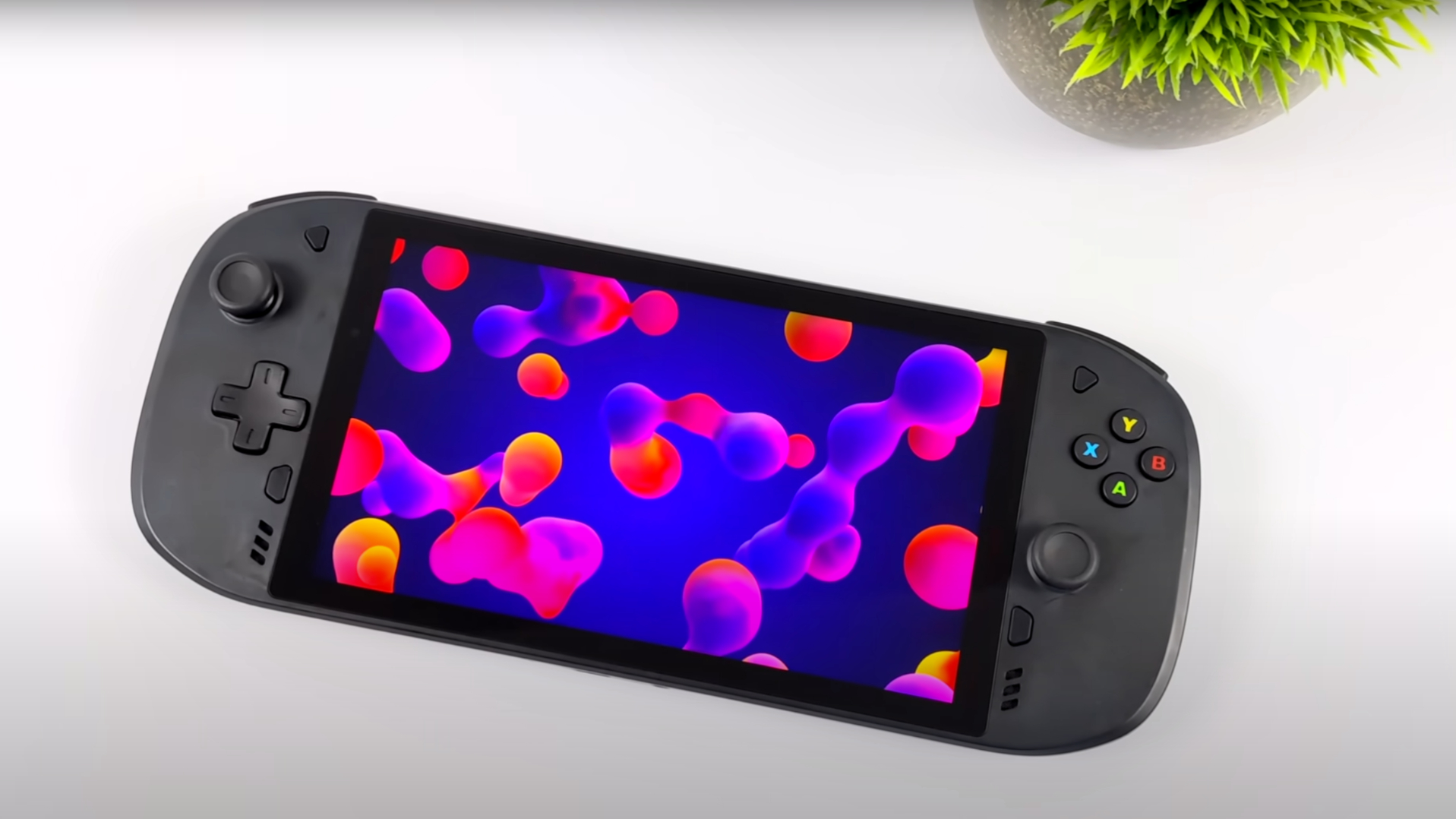
We thought it was all over for Lenovo's gaming handheld ideas when the company's Legion Play emerged as a failed prototype at the start of the year. But, as it turns out, Lenovo's handheld dreams are potentially being revived in the form of the Legion Go portable gaming machine.
The Legion Go sounds like a Pokemon game, honestly, though at least the name is easier to pronounce than something like its rival AOKZOE A1 Pro. As for whether the spec can contend with it, as well as other competing handhelds like the Asus ROG Ally or the Steam Deck, is another matter.
In fact, it's probably the reason the Legion Go was scrapped altogether, as the likes of Logitech's Android-based G Cloud haven't gone down well.
As for Lenovo's previous attempts to jump on the handheld bandwagon, the Legion Play was set to be an Android-based device, and would have been powered by a Qualcomm Snapdragon 720G processor. According to sources from Windows Central, the Legion Go will instead be a Windows 11-based gaming handheld that's said to come packing one of AMD's portable, hybrid Phoenix processors.
As such, it could take one of a few forms in terms of core configuration. The likelihood is it'll be an eight-core, 16-thread AMD Ryzen 7 7840U as with the AOKZOE A1, though that depends on whether Asus has some sort of exclusive rights to the ROG's higher-clocked Z1 Extreme offering.
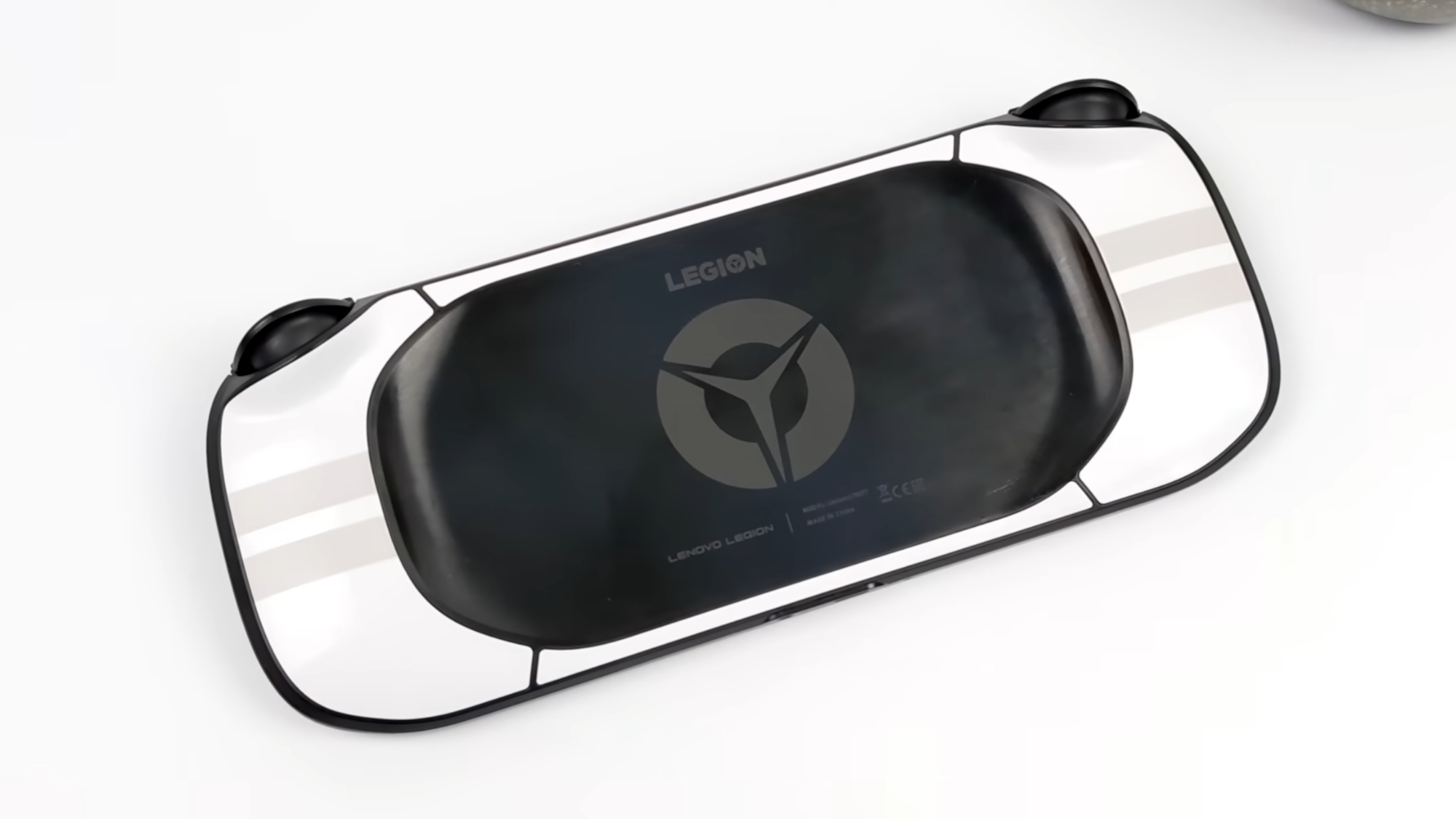
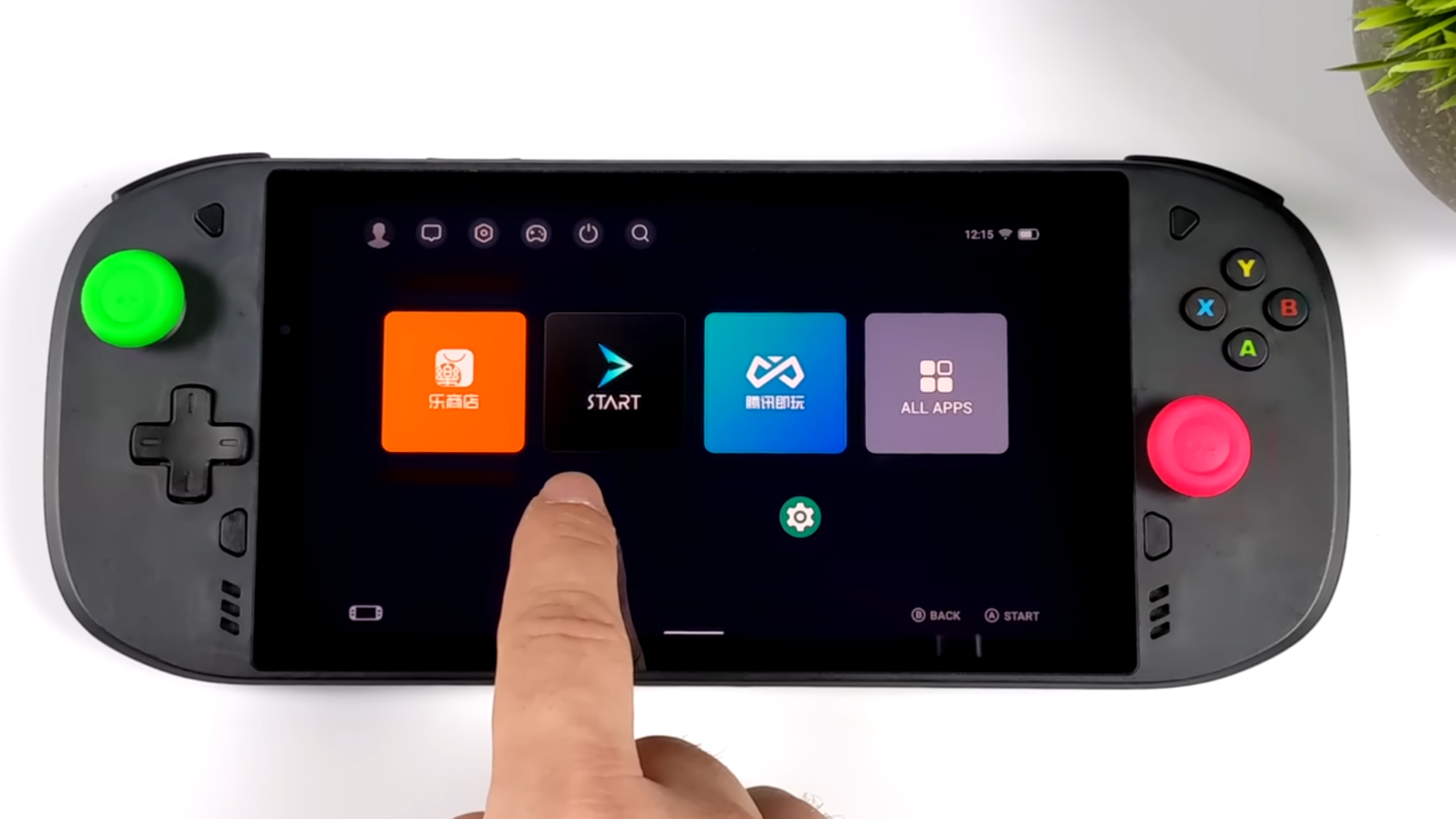
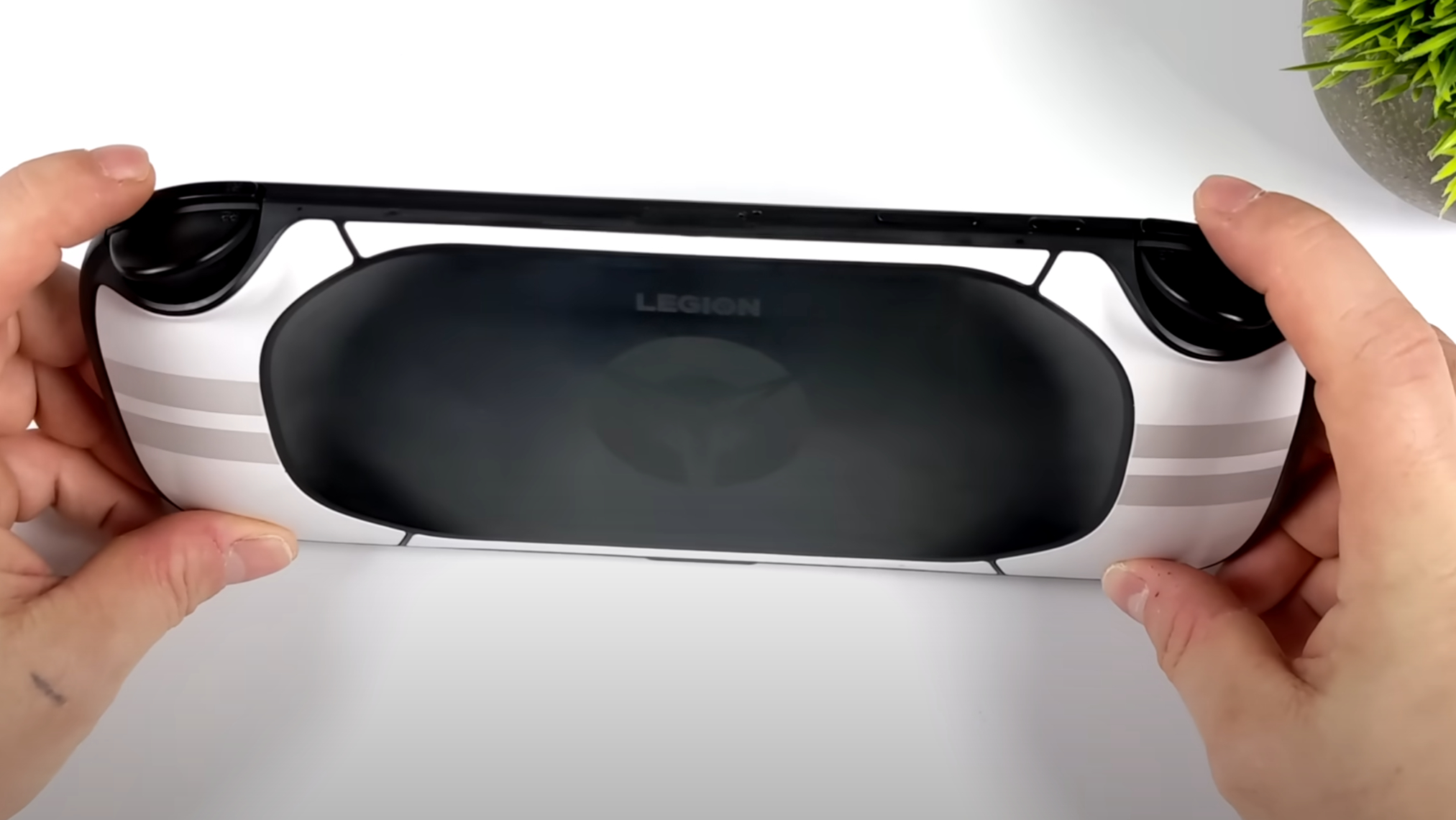
What that means is that, depending on the size of the screen and the rest of the spec, we could see it pushing 37 fps averages in Cyberpunk 2077, if we're lucky. Windows Central believes it will be sporting an 8-inch panel, larger than that of the ROG Ally but equal to the A1 Pro. There's no hint as to the resolution or refresh rate, however, but I'd be very much up for a bright 120Hz 1200p panel.
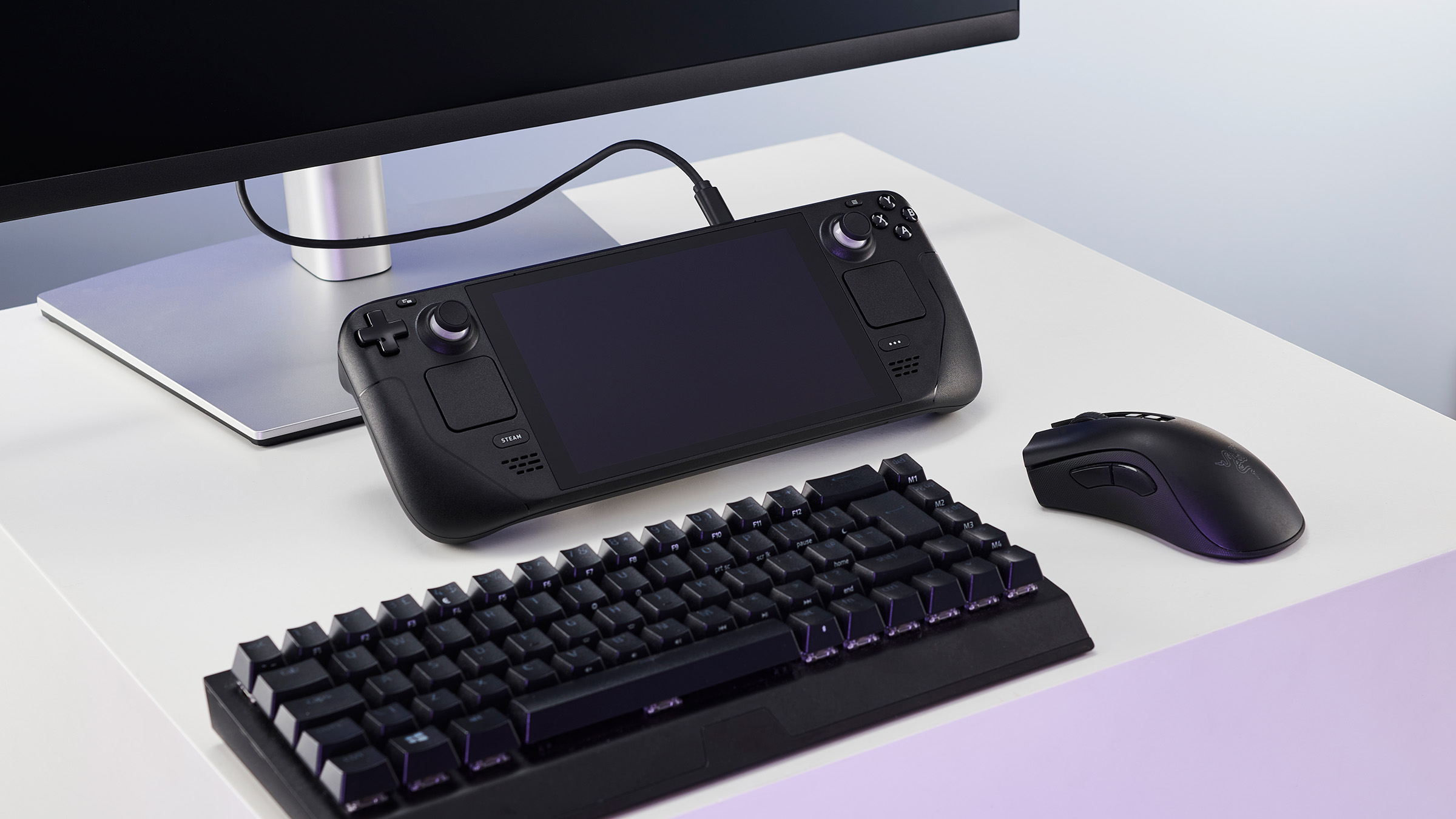
Steam Deck review: Our verdict on Valve's handheld.
Best Steam Deck accessories: Get decked out.
Steam Deck battery life: What's the real battery life?
It was a while back that we spotted those original Legion Play prototypes being sold in China, and although the project never ended up coming to fruition, the plans might at least give us an indication of the kind of aesthetic we're looking at.
Keep up to date with the most important stories and the best deals, as picked by the PC Gamer team.
With a codename like 'Zelda' it's clear Lenovo took inspiration from Nintendo for the Play's design. That's clear in it's especially curvy aesthetic, though the company may yet decide to move away from the bubbly look in favour of something a little sharper to match the upped spec. I'm kinda into the cutesy vibe, though.
Here's hoping the company ups the RAM from the Play's 4GB at least, and maybe make that 1080p panel a little bigger.

Screw sports, Katie would rather watch Intel, AMD and Nvidia go at it. Having been obsessed with computers and graphics for three long decades, she took Game Art and Design up to Masters level at uni, and has been rambling about games, tech and science—rather sarcastically—for four years since. She can be found admiring technological advancements, scrambling for scintillating Raspberry Pi projects, preaching cybersecurity awareness, sighing over semiconductors, and gawping at the latest GPU upgrades. Right now she's waiting patiently for her chance to upload her consciousness into the cloud.

